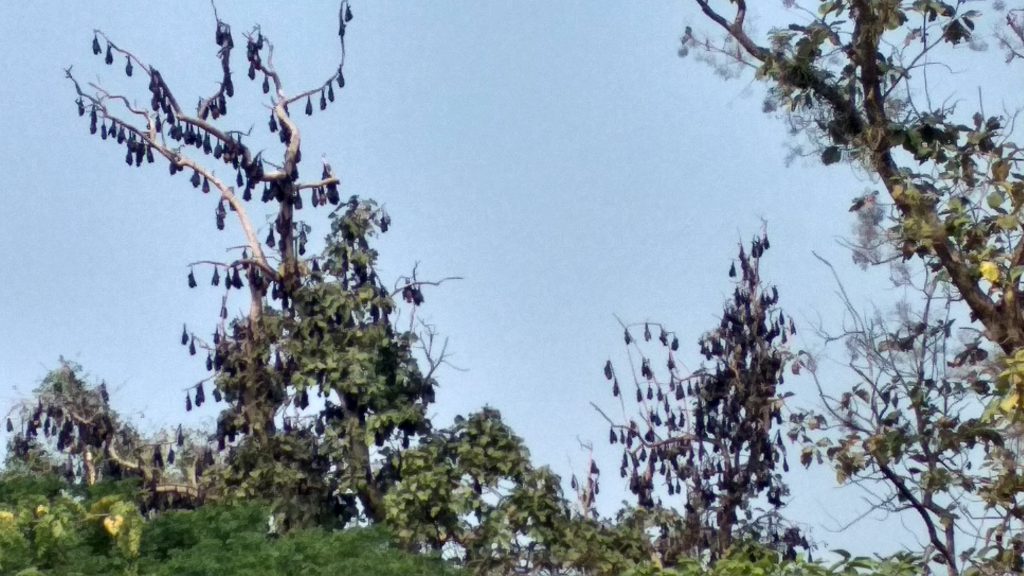Malkangiri: Until recently, hibernating bats were found in large numbers, sleeping on trees, mostly banyan, alongside roads and village fields. They were found squeezing their furry bodies into nooks in the trees, where they enjoyed protection from the bitter wind and light during day.
However, sadly, the sighting of bats is becoming a thing of the past as these nocturnal creatures seem to be declining in numbers. According to a new analysis, loss and fragmentation of habitat, diminished food supply, destruction of roosts, disease and hunting or killing of bats are endangering the species.
In Malkangiri, for example, the bat population has declined considerably over the years. Bats are still under threat from building and development work that affects roosts and habitat, and road networks that sever their commuting routes.
Huge number of bats used to be sighted over trees near weekly market and PWD Colony in the district. However, the rise in poaching has decimated the mammals’ numbers. Although forest officials have arrested many, the poachers are yet to stop their activities.
Other factors affecting the bats include viruses, climate change and felling of trees like mango and tamarind which are traditional habitats of bats for road expansion.
Moreover, in remote areas, the bats are also victims of superstitious beliefs. Given their shrill shrieks and nature, they are being identified with ghosts and draw aggression born of fear.
While animal lovers have called for awareness against such superstitious beliefs, locals urged to identify and conserve trees alongside roads to save the mammal.
Residents here said that there are more than 10,000 bats in Balisagar pond here and have demanded the forest officials to take steps to protect them.
When contacted, Malkangiri ranger Basudev Nayak said a safety squad was formed to protect the mammals. “We are also taking steps to guard the bats at night from poachers. Stringent action is being taken against poachers who are found killing the mammals,” Nayak added.
PNN
